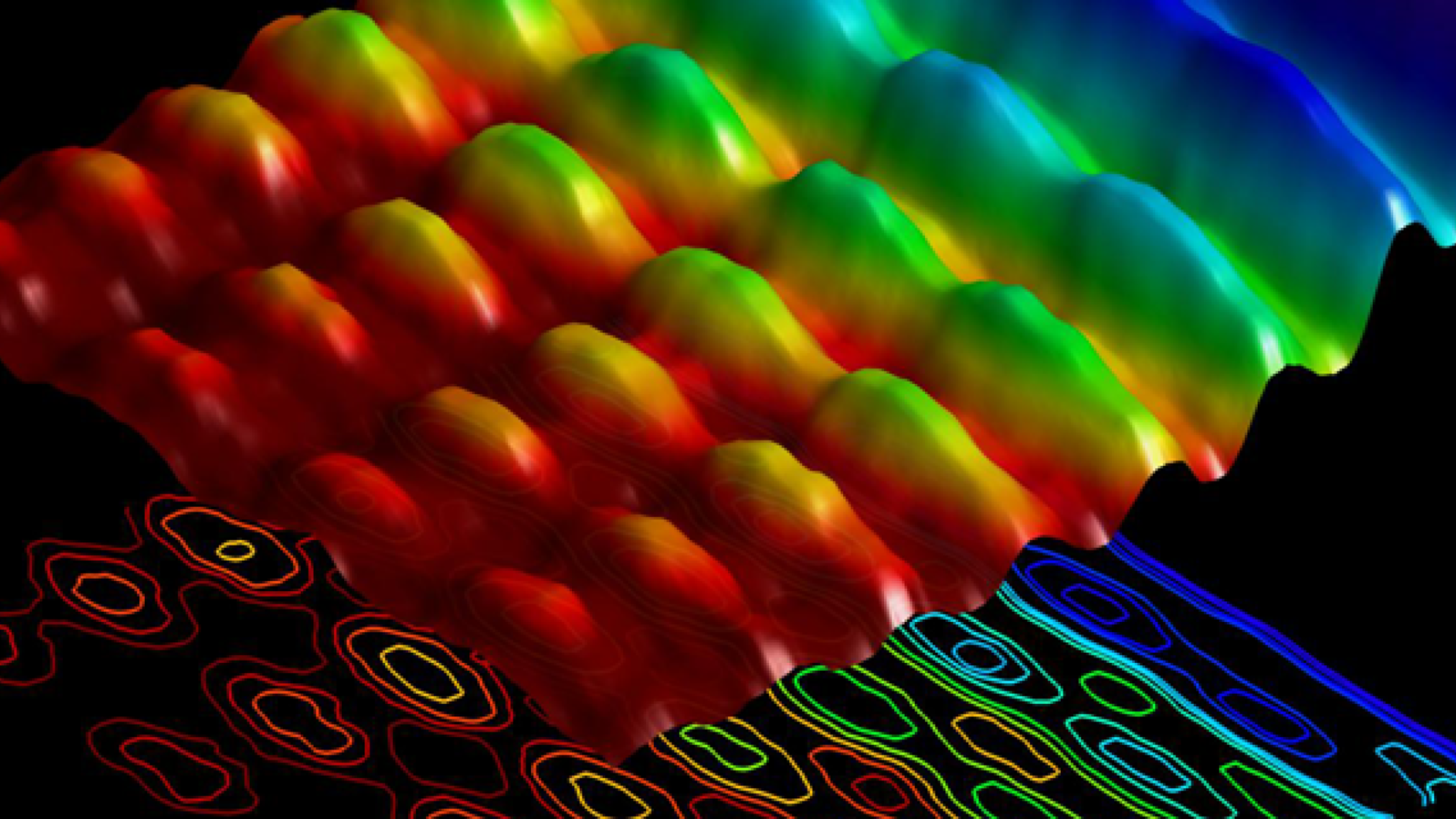Presenting the PLOS ONE Open Quantum Computation and Simulation collection
Guest post by the Guest Editors of the Open Quantum Computation and Simulation collection, Emanuele Dalla Torre, Fabio Sciarrino and Peter Wittek.
We are pleased to present the first papers of the PLOS ONE collection on Open Quantum Computation and Simulation to the public. Quantum information and technologies have experienced an enormous boost in the last couple of years moving from a purely academic environment to new realms in advanced research centers, startups and corporate companies. This transition requires new methodologies and approaches to fruitfully achieve the challenging goals set out by this research program.
The adoption of the open-source philosophy for code development dovetails with the scientific method. Sharing code ensures reproducibility and also lowers the barrier to enter a field. This is why we launched this collection on Open Quantum Computation and Simulation: we realized that there was a marked increase in available and open software in this field and we wanted to showcase some great examples. So far, we have accepted twelve contributions that cover the spectrum of research in quantum computing and simulation. More papers will be added to the collection in the next few months. One of the key aspects of this collection is the requirement for the authors to make their source code available, ideally with an open source license.
The collection includes papers about the simulation of physical quantum systems, trying out new ideas to improve numerical simulation techniques (“Benchmarking treewidth as a practical component of tensor network simulations” by Dumitrescu and colleagues) and developing methods to describe open quantum systems (“QTM: Computational package using MPI protocol for quantum trajectories method” by Sawerwain and colleagues). Other papers present open-source libraries for quantum computation suitable for performing arbitrary quantum processes (“Quantum++: A modern C++ quantum computing library” by Gheorghiu).
But the collection goes beyond simulating quantum computers: verifying noisy intermediate scale quantum devices is a research field on its own right, and two papers focus on this problem by using tensor networks (“qTorch: The quantum tensor contraction handler” by Fried and colleagues and “Validating quantum-classical programming models with tensor network simulations” by McCaskey and colleagues).
We also include papers implementing quantum algorithms: “Nonnegative/binary matrix factorization with a D-Wave quantum annealer” by O’Malley and colleagues presents a quantum algorithm that runs on a quantum annealing architecture, while “Multiqubit and multilevel quantum reinforcement learning with quantum technologies” by Cárdenas-López and colleagues discusses a quantum machine learning algorithm on a gate-model quantum computer.
Quantum information theory has been more conservative in releasing source code than other areas of quantum computation and simulation, which is why it is encouraging to see several contributions describing open-source tools in this field, including a comprehensive package in Julia (“QuantumInformation.jl—A Julia package for numerical computation in quantum information theory” by Gawron and colleagues) and an extensive evaluation of simulating Bell scenarios with probabilistic programming languages (“Evaluating probabilistic programming languages for simulating quantum correlations” by Obeid and colleagues).
The contributions listed so far deal with the quantum or classical simulation of physical systems, their certification, and actual quantum algorithms. Another critical component of the ecosystem is scaling up the actual quantum devices, and this is where quantum control enters the field. Two papers in this collection focus on this challenge: “A modular and customizable open-source package for quantum voltage standards operation and control” by Durandetto and Sosso and “QFlow lite dataset: A machine-learning approach to the charge states in quantum dot experiments” by Zwolak and colleagues.
The collection is rounded off by a survey (“Open Source Software in Quantum Computing” by Fingerhuth and colleagues) that also serves as an introductory guide for interested people to get started in the field.
We hope that this collection will prove useful in promoting open source software in the physical sciences in general, and in quantum computing and simulation in particular.



